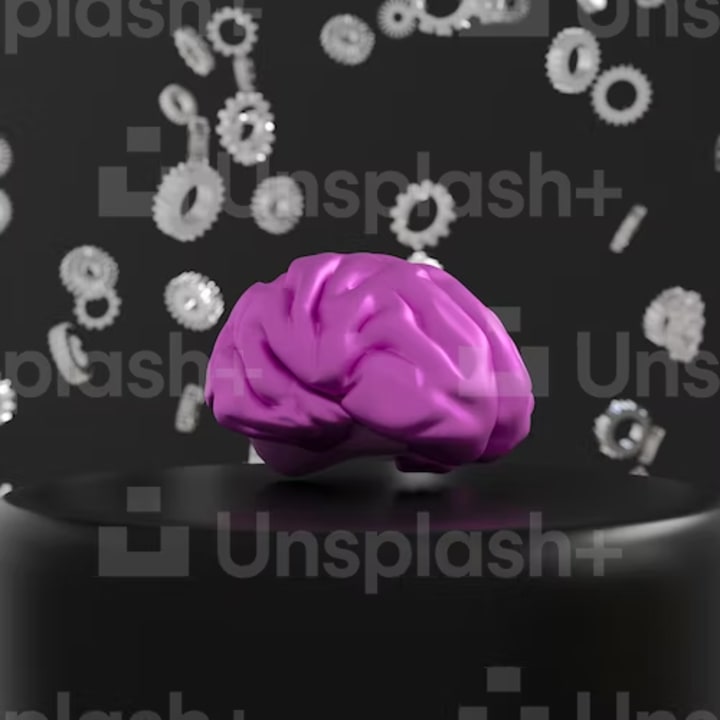Nerve Control and Erectile Function: How the Brain and Nervous System Work Together
The Brain and Erectile Function

Erectile dysfunction (ED) is a common condition that affects millions of men worldwide. It is characterized by the inability to achieve or maintain an erection that is firm enough for sexual intercourse. While there are many physical and psychological factors that can contribute to ED, the role of the brain and nervous system in erectile function is often overlooked.
The Brain and Erectile Function
The brain plays a crucial role in erectile function. It is responsible for initiating and maintaining sexual desire, which is necessary for the activation of the nerves and blood vessels that lead to an erection. Sexual arousal triggers the release of chemicals such as dopamine, oxytocin, and nitric oxide, which stimulate the nerves that control the blood flow to the penis.

The Hypothalamus and Pituitary Gland
The hypothalamus and pituitary gland are two areas of the brain that are particularly important for erectile function. The hypothalamus is responsible for regulating many bodily functions, including hunger, thirst, and sexual desire. It communicates with the pituitary gland, which is often called the "master gland" because it controls the release of hormones that affect many other parts of the body.
The pituitary gland releases two hormones that are critical for sexual function: luteinizing hormone (LH) and follicle-stimulating hormone (FSH). These hormones stimulate the testes to produce testosterone, which is necessary for the development of male sexual characteristics and the maintenance of erectile function.
The Nervous System and Erectile Function
The nervous system plays a crucial role in erectile function by controlling the blood flow to the penis. When sexual arousal occurs, the nerves in the penis release nitric oxide, which stimulates the production of cyclic guanosine monophosphate (cGMP). This chemical relaxes the smooth muscles in the blood vessels, allowing them to dilate and increase blood flow to the penis.
The Autonomic Nervous System
The autonomic nervous system is responsible for regulating many involuntary functions in the body, including sexual arousal and erectile function. It is divided into two branches: the sympathetic nervous system and the parasympathetic nervous system.
The sympathetic nervous system is responsible for the "fight or flight" response and can inhibit sexual function. On the other hand, the parasympathetic nervous system promotes relaxation and arousal and is critical for erectile function.
It's important to note that many factors can interfere with the brain and nervous system's role in erectile function. Chronic stress, anxiety, depression, and certain medications can all disrupt the normal functioning of the brain and nervous system, leading to erectile dysfunction.
Fortunately, there are several treatment options available for men with ED. Medications such as sildenafil (Viagra), tadalafil (Cialis), and vardenafil (Levitra) work by increasing blood flow to the penis and can help improve erectile function. Other treatment options include penile injections, vacuum erection devices, and penile implants.
However, addressing the underlying causes of ED is also important. Lifestyle changes such as regular exercise, a healthy diet, and stress reduction techniques can help improve overall sexual health. Counseling and therapy can also be beneficial for men with ED who are dealing with underlying psychological factors such as anxiety
Conclusion
The brain and nervous system play a crucial role in erectile function. Sexual arousal triggers the release of chemicals that stimulate the nerves that control blood flow to the penis. The hypothalamus and pituitary gland are responsible for regulating the release of hormones that affect sexual function, while the autonomic nervous system controls blood flow to the penis. By understanding the complex interplay between the brain and nervous system in erectile function, we can better diagnose and treat ED, leading to improved sexual health and well-being.





Comments
There are no comments for this story
Be the first to respond and start the conversation.